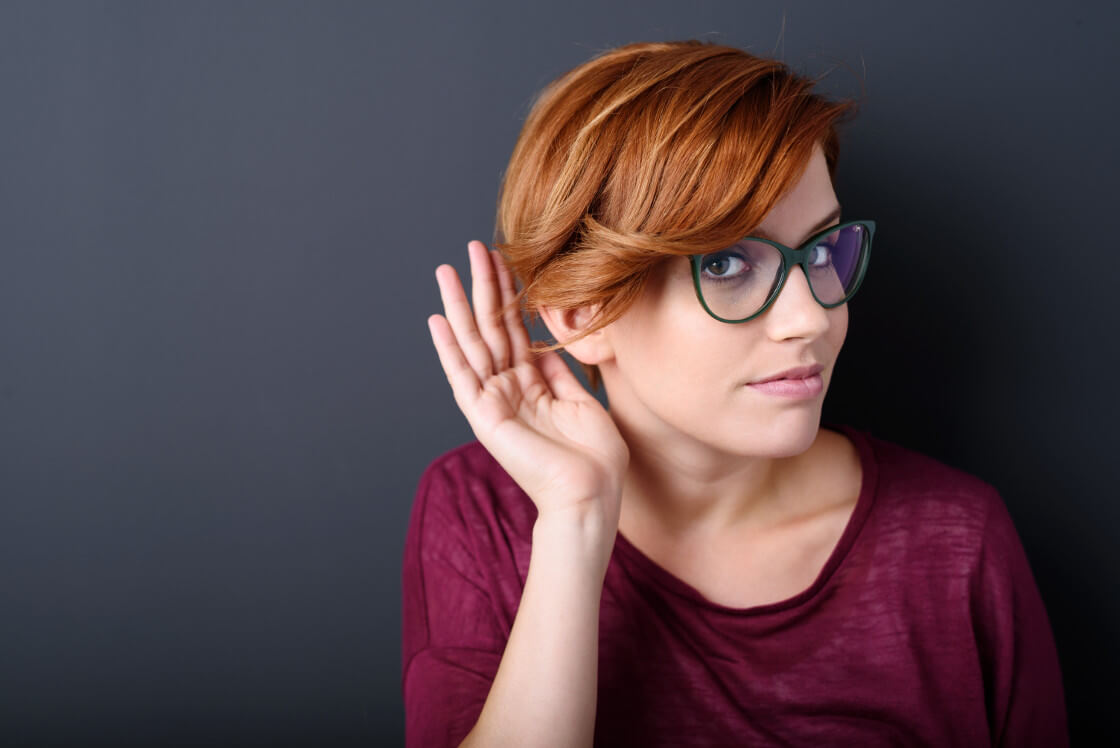

HEALTHY HEARING:
How to Effectively Improve Hearing

How is the auditory system built?
The most common causes of hearing impairment
- aging,
- long-term or short-term exposure to noise,
- Head damage,
- virus or disease (e.g. measles or mumps, diabetes, stroke)
- heredity,
- obesity,
- smoking,
- ototoxicity (drugs that damage hearing).
When to start worrying about hearing?
Tinnitus
Meet our hearing aid product
How can I prevent noise-induced hearing loss?
- Find out what sounds are too loud (all above 85 dB).
- Avoid loud noises or limit the amount of time spent around them.
- Wear special earplugs when you cannot avoid loud noises or move to a safe distance from them.
10 tips to help protect your hearing
- Use earplugs when exposed to loud sounds.
- Turn down the volume of the TV, radio, music, etc.
- If possible, avoid noisy places.
- Limit the amount of time you are exposed to loud noises.
- Take breaks from noise when listening to loud sounds (e.g. music, concerts).
- At concerts or events, do not stand next to the loudspeaker.
- Give your ears time to recover from exposure to loud noises.
- Do not clean your ears with sticks, so as not to damage their delicate structure.
- Be active! Exercise also has a positive effect on the ears.
- Do a hearing test, especially if you notice a change in your hearing, ringing, or disturbing noises.
Preparations for improving hearing without a prescription
Herbs to improve hearing
Ear drops - a liquid supplement to improve hearing
Natural medications and supplements for hearing loss
- Zinc, which has an effective effect on tinnitus and nervous hearing loss.
- Vitamins B2, B6, B12, which have a beneficial effect on the nervous system related to the hearing organ and facilitate the transmission of stimuli from the ear to the brain.
- Selenium responsible for the proper functioning of enzymes that protect cells against toxins and free radicals.
- Hesperidin, which protects the body against oxidative damage, which increases the risk of hearing impairment.
- Melatonin is used in the case of sensorineural hearing disorders and age-related hearing problems.
- Folic acid supporting the nervous system, related to the hearing organ.
- Alpha Lipoic Acid and Vitamin E to protect the ears from free radical damage.
- Glutathione – an antioxidant that helps prevent hearing loss and minimize damage to the brain’s auditory centers.
- Ginkgo biloba extract, which can reduce ringing and tinnitus.
Other home remedies to improve hearing
1. Meditate
More and more people are starting their adventure with meditation to improve their hearing health. This is because deep breathing increases blood flow to the brain.
2. Quit smoking
Smoking and hearing loss are closely related. Since blood flow and oxygen help keep cells in the inner ear healthy, it is understood that hearing can be impaired by the harmful effects of nicotine.
3. Practice yoga
Many hearing impaired people say that yoga can sometimes help them hear better. Stretching in selected positions delivers oxygen-rich blood to your head faster, which can help with hearing. Daily physical exercise also helps to keep the body healthy and fit, thanks to which all human systems function better.
4. Train your hearing
The aim of such exercises is to improve the perceived auditory stimuli, stimulate concentration and better functioning of the nervous system. The training method was developed by Alfred Tomatis – a French otolaryngologist, neurologist and phoniatrist.


